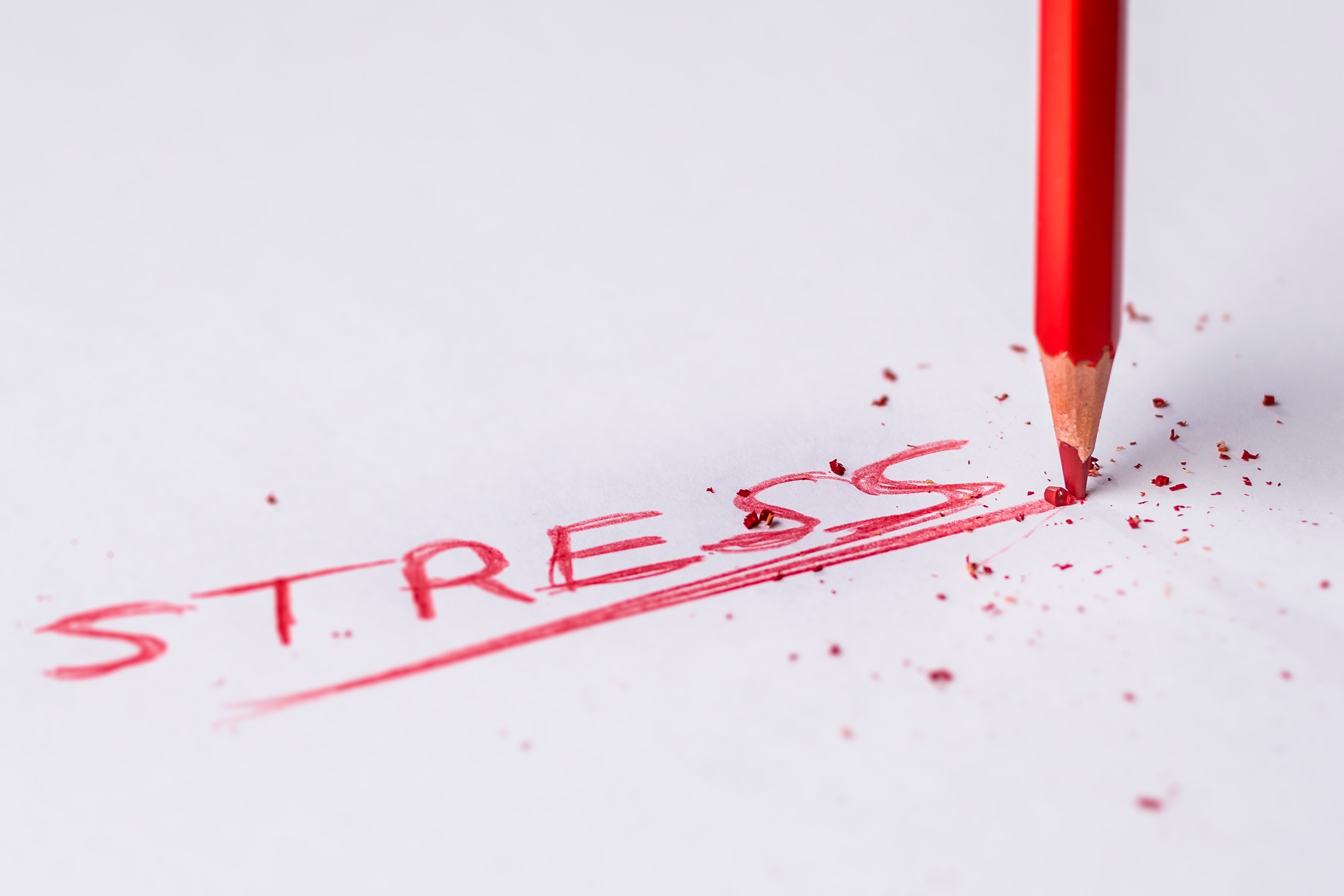When was the last time you took a break? We’re not talking about a ten minute smoko or popping out for a caffeine fix… we mean a real break. As a small business owner, it can often feel like the weight of the world sits squarely on your shoulders, and you’re alone.
There’s so much to do, and so many different hats to wear, and no-one does it quite like you. If you’re not careful, you can lose years with your head buried in paperwork, not feeling able to come up for air. You’ll repeat a cycle of promising yourself you’ll take a break after the next big thing is out of the way.
The problem is, there is always something else to do, and that break never comes.
But that’s OK, because she’ll be right, yeah? The trouble is, we all think we’re strong, and capable, and can keep trucking along at 100kph all the time.
Business owners tend to be high achieving workaholics, often ‘type A’ personalities driven to succeed and get the job done. Whilst this can be a great attribute to have in business, it can also mean you don’t know when to stop and take a deep breath. Whilst working hard is the route to success, it is only true up to a point.

Breaking point
The reality is, at some point, something will have to give. Too much hard work can and will kill you. Without realising it, many small business owners burn themselves out. This feeling of being ‘burnt out’ can lead to a number of health issues such as depression, anxiety, heart disease, high blood pressure and exhaustion.
Constantly working in the ‘fight or flight’ zone means elevated cortisol and adrenaline levels in your bloodstream are damaging your health and weakening your immune system.
Stress also leads to motivational and social issues too like job dissatisfaction, absenteeism and inefficient decision making, all of which in turn impact your turnover. You probably won’t see it coming until ‘suddenly’ you have a problem, when in fact, it wasn’t sudden at all. Reaching burn out isn’t something to feel ashamed about at all - you’ve simply been so motivated and driven that you’ve forgotten one of the key things needed in life - to take a break.
What are the signs?
So how do you know if you’re burnt out or simply a bit tired? The Maslach Burnout Inventory is one of the most common scales used to measure burnout in the workplace. The inventory states that those with burnout lose energy, enthusiasm, and confidence.
An inventory of 22 items, the test takes between 10-15 minutes to complete and is a good place to start if you’re experiencing symptoms of burnout. Common symptoms of burnout include:
- A lack of energy: finding it hard to get out of bed, and feeling exhausted all the time.
- Finding it hard to find your usual enthusiasm.
- Lacking confidence in your work and performance.
- Becoming cynical; your usual passion and drive is replaced by pessimism.
- A reduced sense of purpose and loss of drive and vision.
- Small tasks or challenges are blown out of all proportion, like a jammed photocopier leading to a meltdown.
- Freneticism: frantic bursts of energy, and frenzied behaviour.
- Sleepless nights.
- Inability to make decisions.

How to avoid burnout
To remain successful for the long-term, small business owners need to find a balance between their work and their personal life, and ensure the two exist separately. Whilst hard work is unavoidable to succeed in business, that doesn't mean you should work hard all the time.
If you are always at 110%, when the time comes to step up and go the extra mile, you have nowhere to go, because the tanks are empty. It’s like a bank - invest in relaxation time, so as you have reserve ‘in the bank’ when you need to make a hard work withdrawal from it.
Here are some ways to take a step back, and gain some perspective on what’s important:
- Delegation: Assign tasks to your team. Giving your staff autonomy and responsibility and resisting micromanaging them not only reduces your stress, but your team’s too. Feel like you can’t trust your staff to do a good job? Try it - if they don’t perform, maybe it’s time to invest in training, or even time to get new staff.
- Remind yourself of your ‘why’: Why did you go into business? Maybe you wanted to be your own boss, spotted a gap in the market for X, maybe it was for greater independence, more money in your pocket, or to have more time to spend with your family? Remind yourself of your ‘whys’, keep them front of mind. Better still, write it down and keep it close to hand as a constant reminder to gain some perspective. No-one ever dies wishing they'd spent more time at work.
- Take time out with friends and family: If you’re struggling to find time to spend with your loved ones, that’s a sure-fire way to show that you need to. Schedule family and friends time like you’d schedule a work commitment - add it to your diary and commit to it like a client job or appointment. Switch off the phone, have phone free periods or invest in an answering service at weekends.
- Invest in your health: Eat well, avoid stimulants, get enough sleep, and exercise. A healthy body and mind will help you cope with the stresses of your business far better than one surviving on 4hrs sleep a night and a junk food. Get outside into nature - maybe take your lunch to the park, or take a walk before - or to work. Get regular medical check ups so that even if you become blind to your own overwork symptoms, someone else has your back.
- Play to your strengths: Do your challenging work when you’re at your peak, instead of fighting your natural rhythms. Slump after lunch? Don’t plan important meetings or tasks then. Do your low-hanging fruit like admin here, and improve your productivity to get more from the hours you do work.
- Set boundaries: With customers, employees, vendors. Create structure and rules around communication - how, when and why - and ensure you honour your team's’ time, as you ask them to honour yours.
- Create rules for yourself: Along with rules for others, make rules for yourself. No making exceptions to make that one late night call, or giving out your home or personal number ‘just this once’. List your rules and unacceptable practices, and stick to it.
Define ‘emergency’ and have a plan for managing one without you. What if you were ill or unable to be reached? Make your team capable, develop a plan, practice it like a fire drill - and stick to it. Be consistent, don’t give in, and respect your own rules, else no-one else will.
- Stay in the moment: Mindfulness and meditation might sound like new-age mumbo-jumbo or a bit airy-fairy, but once you’ve mastered it, it can truly change your life. Based in science, it’s the practice of staying in the present, and not letting the mind flick ahead or back in time worrying about what has been, or will be. Headspace is a great resource to help you get started and ‘stay in the now’.
- Seek help: If you feel like you are at breaking point and you simply don’t know where to turn; ask for help. Mental health is something that many of us take for granted and is extremely important to our wellbeing. Suicide is the leading cause of death for Australians aged 15 to 44 years old. In 2017, 75% of people who died by suicide were males. Don’t let things get this far - if you think what you’re experiencing is more than just being a bit down, visit Beyond Blue to understand more about symptoms of anxiety, depression and other mental health conditions, or reach out for immediate help to Lifeline on 13 11 14.
- Take that holiday: There will never be a good time to take a holiday, and always a reason not to. But the cost of not taking it is far greater than the cost of taking it. Book that trip - your health, wellbeing, family and business will all thank you for it, and you’ll come back refreshed, re-energised and ready to take on the world again.
We can’t change the number of hours in the day, but we can change how we use them. Start with today - waiting until you have time to plan out your week, month or year never happens. Your mental and physical are paramount to the success of your business. If you don’t safeguard yourself and your team against burnout, you’re at risk of losing the things most important to you - your health, your family, your friends and ultimately, your business.

